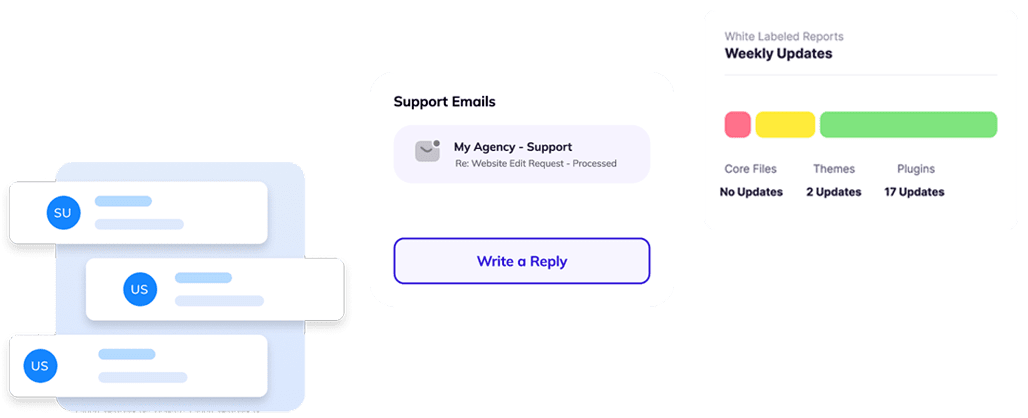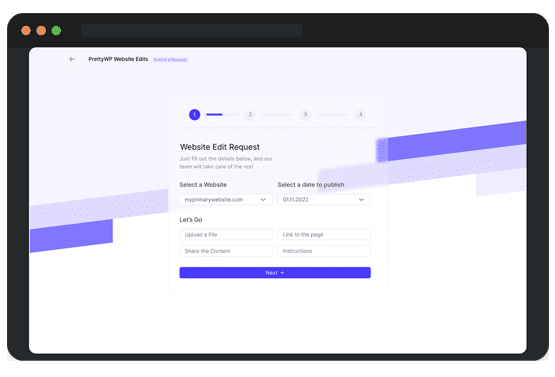Keyword Research: The Beginners Guide

Keyword research is an essential part of search engine optimization (SEO) that involves identifying the words and phrases people use to search for information online. It’s a crucial step for website owners and marketers who want to optimize their website content and rank higher in search engine results pages (SERPs).
Keyword research is an ongoing process that requires regular attention and updates. It’s not a one-time activity, and the keywords you target can change over time as user search behaviour evolves. Therefore, it’s essential to continuously monitor your website’s performance and make changes to your keyword strategy as needed.

One way to keep up with changing search behaviour is to use long-tail keywords. Long-tail keywords are more specific phrases that often have a lower search volume but higher intent. For example, instead of targeting the broad keyword “coffee,” you might target the long-tail keyword “best coffee shops in Seattle.” By targeting long-tail keywords, you can attract more qualified traffic to your website and improve your chances of conversion.
Another important consideration when doing keyword research is user intent. User intent refers to the reason behind a user’s search query. Are they looking for information, trying to make a purchase, or looking for a specific website? Understanding user intent can help you target the right keywords and optimize your website content to meet user needs.
When doing keyword research, it’s also essential to consider the competition level of each keyword. Highly competitive keywords can be challenging to rank for, especially for new websites. Therefore, it’s often more effective to target less competitive, long-tail keywords that have a lower search volume but a higher intent.
Finally, it’s important to remember that keyword research is just one aspect of SEO. It’s essential to also focus on other aspects of SEO, such as optimizing your website’s technical structure, improving your site’s user experience, and building quality backlinks to your site.
Why is Keyword Research Important?
Keyword research involves finding and analyzing the words and phrases people use to search for information, products, or services online. It is the foundation of your online presence and determines whether your target audience can find you easily. Here’s why keyword research matters:
- Increase Organic Traffic: By targeting the right keywords, you can attract more organic traffic from search engines like Google, Bing, and Yahoo. Ranking higher in search results for relevant keywords helps drive qualified leads to your website.
- Understand Your Audience: Keyword research gives you insights into how your target audience thinks and searches online. By understanding their language, you can align your content with their needs, preferences, and pain points.
- Stay Ahead of Competition: Thorough keyword research allows you to identify gaps in the market and uncover opportunities. By targeting keywords that your competitors may have missed, you can gain a competitive advantage and increase your visibility.
- Improve Conversion Rates: When you optimize your website for the right keywords, you attract highly relevant traffic. This increases the chances of converting visitors into customers, resulting in higher conversion rates and improved ROI.
Now that we have established the importance of keyword research, let’s explore the step-by-step process to help you get started.
Step 1: Brainstorm Relevant Topics
Begin by brainstorming a list of relevant topics that are related to your business. Think about the products or services you offer and the problems you solve for your target audience. Consider the pain points, solutions, and other aspects that align with your business offerings.
For example, if you run a digital marketing agency, your topics may include “SEO strategies,” “content marketing,” “social media advertising,” and “email marketing.”
Step 2: Find Seed Keywords
Once you have a list of topics, it’s time to find seed keywords. These are the primary keywords that are directly related to your topics. Seed keywords act as a foundation for your keyword research.
Using tools like the Google Keyword Planner, SEMrush, or Moz’s Keyword Explorer, enter your topics and find relevant keywords with a substantial search volume. These tools provide valuable insights into keyword search volume, competition, and related terms.
Step 3: Expand with Long-tail Keywords
Now that you have identified your seed keywords, it’s time to expand your list with long-tail keywords. Long-tail keywords are more specific and have a lower search volume compared to seed keywords. However, they often have higher conversion rates as they indicate a more intent-driven search.
For example, if your seed keyword is “SEO strategies,” long-tail keywords could include “on-page SEO strategies for e-commerce websites” or “advanced SEO strategies for small businesses.”
Expanding your keyword list with long-tail keywords allows you to target a wider range of search queries and attract highly motivated visitors to your website.
Step 4: Analyze Competitor Keywords
To gain a competitive advantage, it’s essential to analyze the keywords your competitors are targeting. Tools like SEMrush or Ahrefs can provide valuable insights into the organic keywords your competitors rank for, giving you ideas for potential keywords to target.
By understanding which keywords your competitors are ranking for, you can identify gaps and opportunities to leverage in your own SEO strategy.
Step 5: Prioritize and Refine Your Keyword List
With an extensive list of keywords at your disposal, it’s time to prioritize and refine your keyword list. Consider the search volume, competition, and relevance of each keyword. Focus on keywords with a balance of search volume and competition that align with your business goals and target audience.
Step 6: Create High-quality Content
Once you have your refined keyword list, it’s time to create high-quality, SEO-optimized content. Incorporate your keywords naturally into your website’s pages, blog posts, meta tags, and headings. Ensure that your content provides value to your audience and answers their questions effectively.
Remember, it’s not just about stuffing keywords into your content. Search engines are increasingly sophisticated and prioritize high-quality, user-focused content.
Step 7: Monitor and Adjust
Keyword research is an ongoing process. Stay vigilant and monitor the performance of your keywords using SEO tools. Track your rankings, organic traffic, and conversions. Identify trends and adjust your keyword strategy as needed.
Final Thoughts
Keyword research plays a crucial role in improving your website’s visibility, attracting targeted traffic, and gaining a competitive advantage. By following the steps outlined in this guide and conducting thorough keyword research, you can position your business for success in the highly competitive online landscape. Understanding the basics of keyword research can empower you to make informed decisions about your website’s SEO strategy.
Invest time and effort into understanding your target audience and aligning your website’s content with their search queries. By doing so, you can unlock the full potential of organic traffic and drive your business towards success in the digital world.
Ready to take your SEO game to the next level? Try Qveta today and explore how we can benefit your business.



